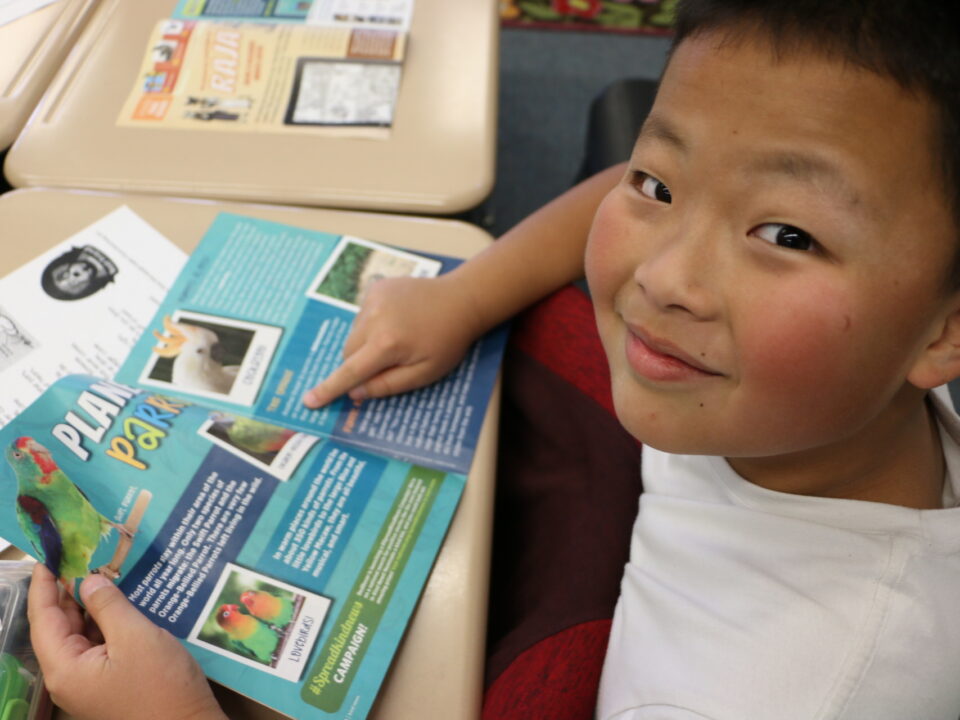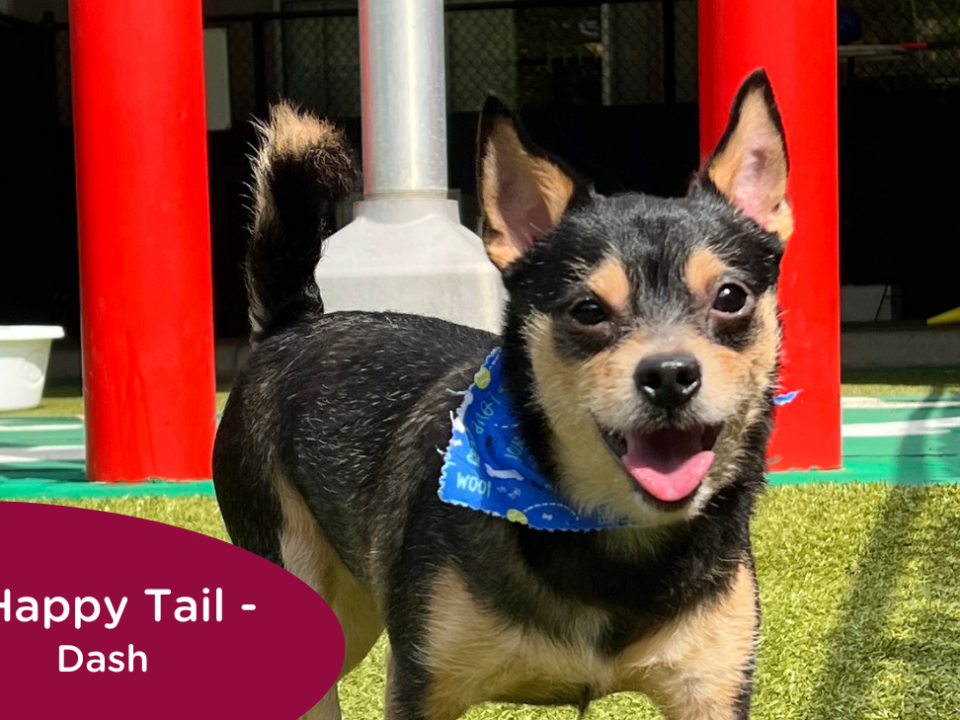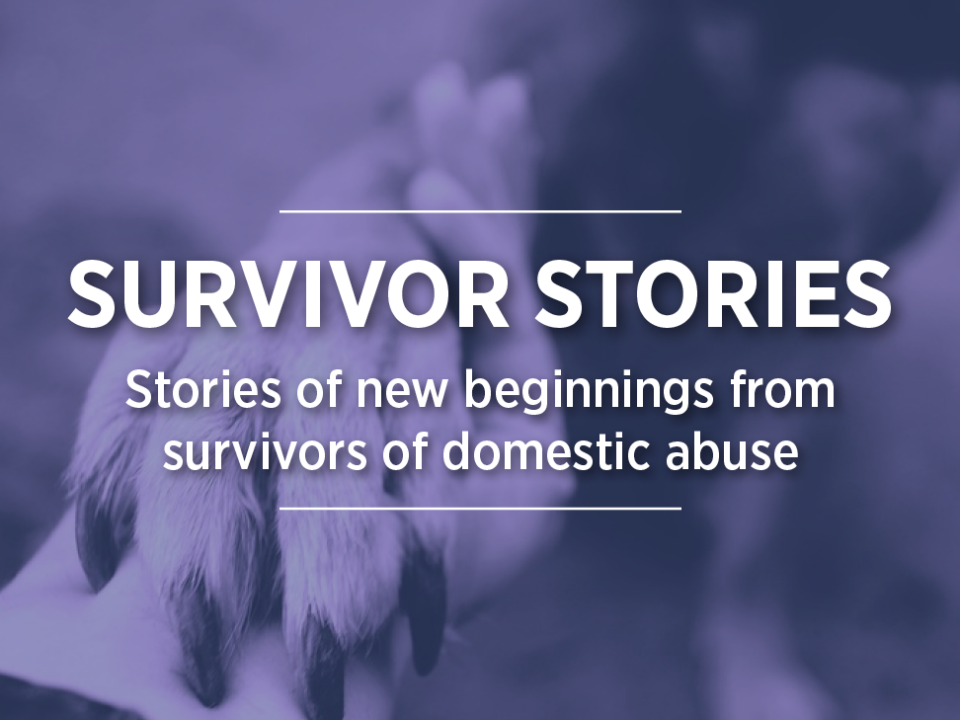“Empathy is everything”: How Ruthless Kindness works to prevent human and animal suffering
September 13th, 2022
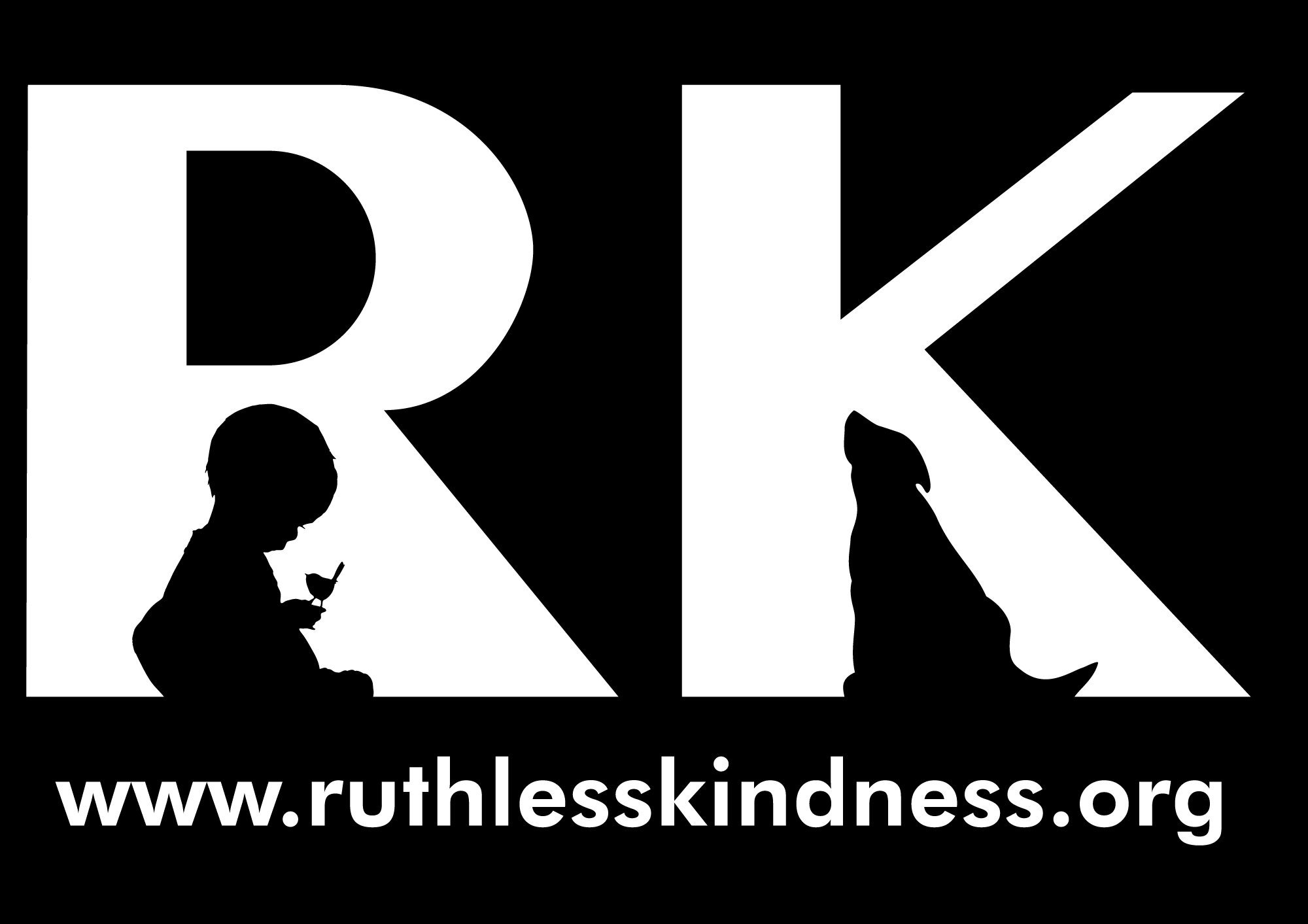 For veterinarians Dr. Sarah Reidenbach and Dr. Kate Kuzminski, knowing they’re making a difference – in many cases, saving lives – has kept them going through emotionally draining work. But in treating people’s pets, they came to notice that suffering animals were linked to suffering people – an issue that wasn’t being addressed. So they took action: Together, Sarah and Kate founded Ruthless Kindness, a Sonoma County-based organization whose mission is to “address the epidemic of violence and preventable suffering in at-risk animals and people.”
For veterinarians Dr. Sarah Reidenbach and Dr. Kate Kuzminski, knowing they’re making a difference – in many cases, saving lives – has kept them going through emotionally draining work. But in treating people’s pets, they came to notice that suffering animals were linked to suffering people – an issue that wasn’t being addressed. So they took action: Together, Sarah and Kate founded Ruthless Kindness, a Sonoma County-based organization whose mission is to “address the epidemic of violence and preventable suffering in at-risk animals and people.”
Ruthless Kindness provides a variety of programs, including free mobile veterinary care and vaccines for the pets of domestic violence survivors, free tele-support to at-risk pet owners and shelters, virtual resources, humane education, and even a farm animal rescue.
The nonprofit was “born out of the inability to meet the needs of some of the worst suffering we saw in animal shelters,” Sarah and Kate told us. Through their years of experience working as vets in animal shelters, it was all too common to witness abandoned, mistreated, and neglected animals. When Sarah worked for an overburdened shelter with minimal veterinary staff and resources, she recalls days when animal control trucks lined up on the street “like a parade” and remembers one particular scene that was akin to a “war medic situation.” While she could help treat the suffering of the animals in the trucks, that didn’t feel like enough to her.
Sarah and Kate asked themselves, “What can we do to reduce animal suffering before they come into the shelter?”
Sarah decided that it was time to go into the community and see firsthand where these animals were coming from to understand the circumstances that led to them to the shelter. While doing a “ride-along” with an animal control officer, she saw heart-wrenching situations of animal abuse and human abuse – undeniably linked.
People were in crisis – especially situations of domestic abuse – and did not have access to the care their pets needed. With no organizations focused on providing these resources, animals were ending up at the shelter instead of staying with their families. And without clear training about the overlap (or “the Link”) between animal and human abuse, animal control officers and veterinarians could not recognize or address the issue themselves. But in Kate’s words, “Once you’re aware, you can’t not be aware.”
After extensive research and outreach, Sarah and Kate decided to start their own nonprofit. With the addition of an ambulance (from a Utah ski resort!) remodeled into a mobile veterinary clinic, they were ready to hit the streets. Their priority was providing access to care in underserved communities in their area, filling in the gaps of veterinary services for the animal companions of domestic violence survivors, folks experiencing homelessness, and other at-risk community members.
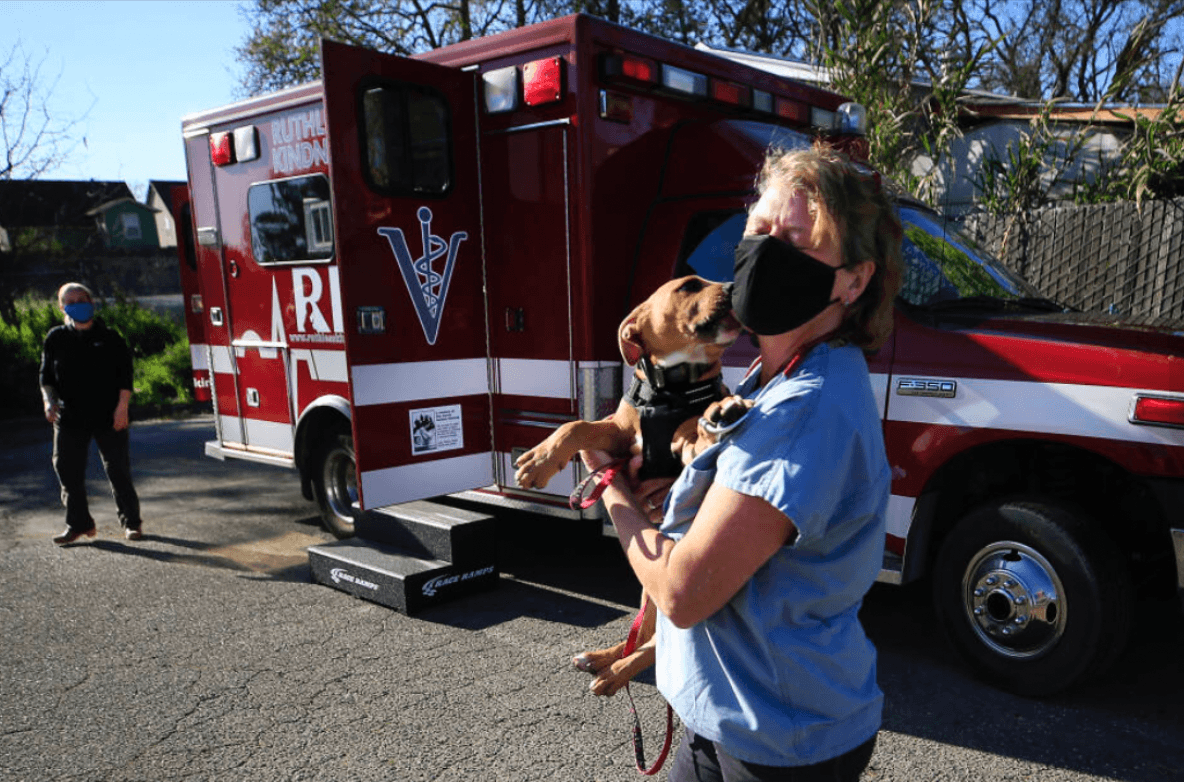
Many unhoused and at-risk people will delay escaping abuse or seeking shelter if they’re unable to bring their animal companions with them. Plus, housing facilities often require current vaccinations for any pets entering the shelter, so providing free mobile veterinary care and vaccines removes a huge barrier to safety.
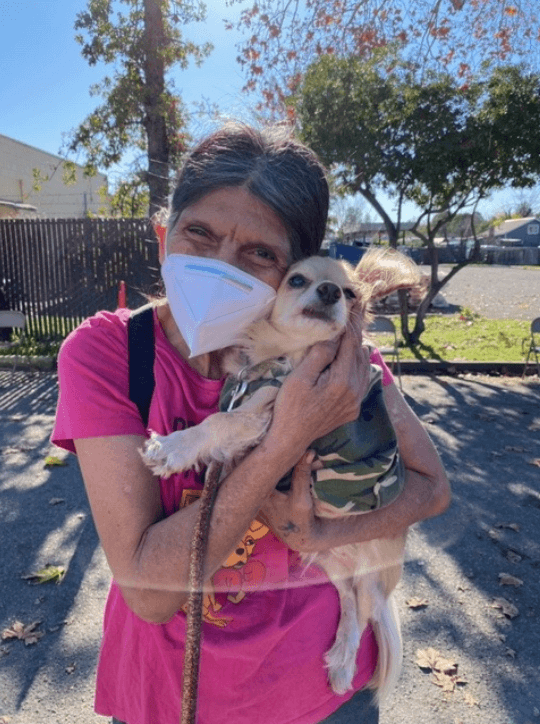 Further, by bringing veterinary services to the physical locations of at-risk folks, such as domestic violence shelters and homeless shelters, people are able to get their pets care without worrying about safety, transportation, or financial costs.
Further, by bringing veterinary services to the physical locations of at-risk folks, such as domestic violence shelters and homeless shelters, people are able to get their pets care without worrying about safety, transportation, or financial costs.
With such global issues as human and animal abuse, it can be tough to measure the difference Sarah and Kate are making. But Kate stays positive. “We have to start somewhere,” she says. “We’ve done our first step.”
The key to their commitment and the foundation of their work is compassion. “Empathy is everything to us,” says Sarah. “Empathy informs everything we do.”
Providing these essential services requires understanding and appreciating that people from all walks of life consider their pets to be family – and no one should have to choose between seeking safety and leaving a beloved family member behind.
Kate adds, “Having empathy for clients and recognizing the bond between people and their animals keeps people living and keeps them going.”
Interested in learning more about how the veterinary community can support domestic violence survivors and their pets?

